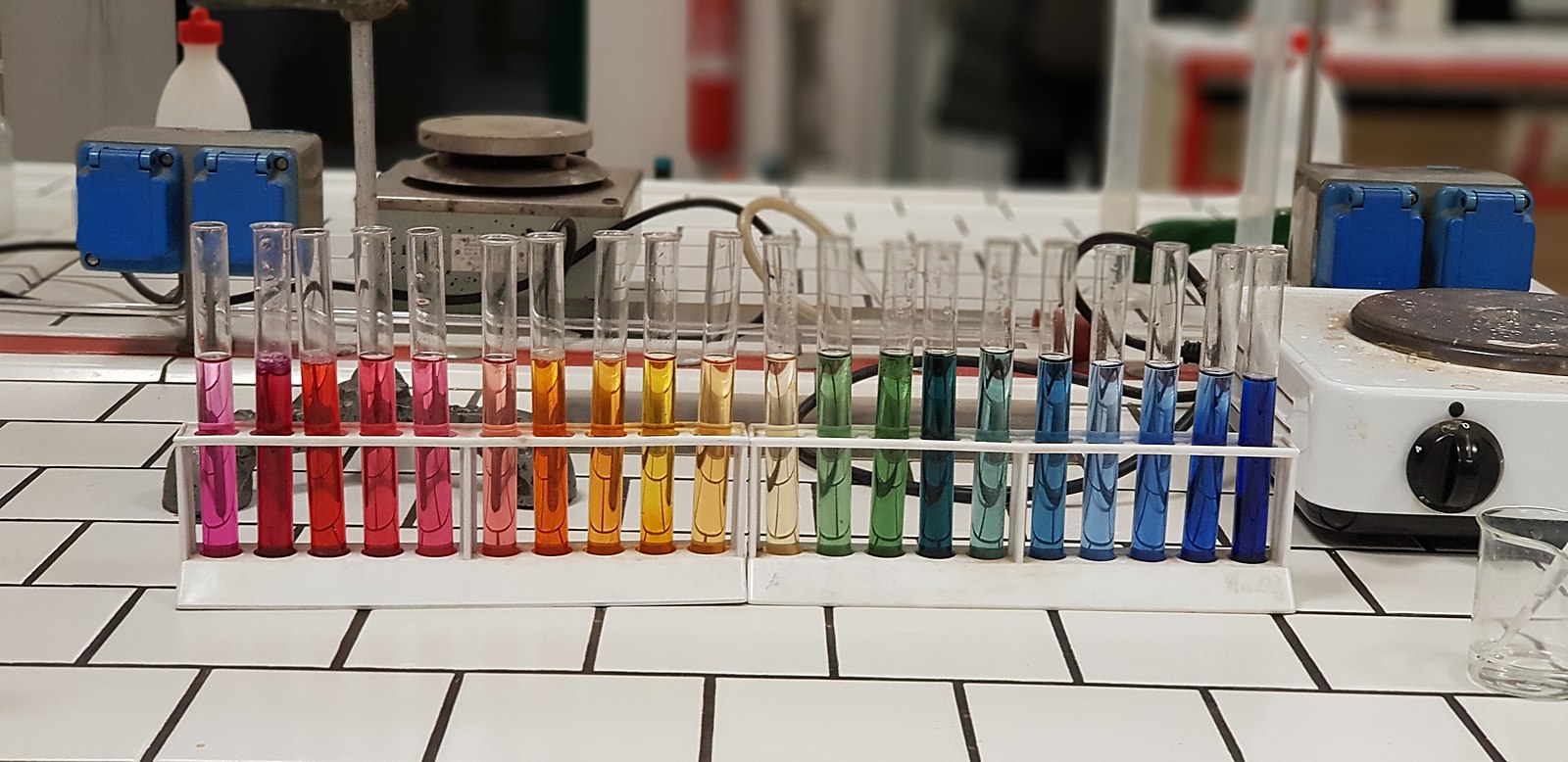The pH of potassium chloride (KCl) in water is not a straightforward answer, as it depends on the concentration of the KCl solution. In general, KCl is considered a neutral salt, as it is formed from the reaction of a strong acid (HCl) and a strong base (KOH). However, the pH of KCl solutions can still vary based on the concentration of the solution.
Understanding the pH of KCl Solutions
According to a study published in the journal Analyst in 1990, the addition of KCl to water samples of low solute content can change the pH of the water. This is because the addition of KCl can alter the ionic strength of the solution, which can affect the pH measurement. However, these pH changes are often small and may go unnoticed, especially if they are within the precision range of the pH measurement.
In a 2017 post on ResearchGate, a user asked why the pH in a 1 M KCl solution is higher than the pH in water. The answer to this question is not explicitly stated in the post, but it is mentioned that most oxisols are acidic and of low EC, and that the pH of a 1 g/5 mL suspension in water is higher (less acidic) than the pH in KCl. This suggests that the pH of a KCl solution may be higher than the pH of water due to the presence of the KCl itself.
Factors Affecting the pH of KCl Solutions
In general, the pH of a KCl solution will depend on the concentration of the solution and the pH of the water it is dissolved in. At low concentrations, the pH of a KCl solution is likely to be close to neutral (pH 7), while at higher concentrations, the pH may be slightly acidic or basic due to the presence of the KCl ions.
Concentration of KCl
The concentration of KCl in the solution is a key factor in determining the pH. Higher concentrations of KCl can lead to a slightly acidic or basic pH, while lower concentrations are more likely to result in a neutral pH.
pH of the Water
The pH of the water used to prepare the KCl solution can also affect the final pH of the solution. If the water has a low pH (acidic), the KCl solution may have a slightly lower pH. Conversely, if the water has a high pH (basic), the KCl solution may have a slightly higher pH.
Contaminants and Impurities
When it comes to contaminants and chemicals present in KCl solutions, it is important to consider the source of the KCl and the conditions under which it was prepared. KCl is commonly used in laboratory settings as a standard for calibration and as a salt bridge in electrochemical cells. In these applications, KCl is typically highly purified and free from contaminants. However, in other settings, such as in agricultural or industrial applications, KCl may contain impurities or contaminants that can affect the pH and other properties of the solution.
Dealing with Contaminants and Impurities
To deal with contaminants or chemicals present in KCl solutions, it is important to first identify the source of the contamination and take appropriate measures to remove or mitigate it. For example, if the KCl solution is contaminated with a strong acid or base, the pH of the solution may be adjusted using a suitable buffer or pH adjuster. If the KCl solution contains impurities or other chemicals, these may need to be removed through filtration, distillation, or other purification methods.
Conclusion
In summary, the pH of potassium chloride in water can vary based on the concentration of the KCl solution and the pH of the water it is dissolved in. While KCl is considered a neutral salt, the addition of KCl to water samples can alter the pH due to changes in ionic strength. Contaminants or impurities in KCl solutions can also affect the pH and other properties of the solution, and may need to be removed or mitigated through appropriate purification methods.
References:
– https://pubs.rsc.org/en/content/articlelanding/1990/an/an9901500899
– https://www.researchgate.net/post/Please_tell_me_more_details_why_pH_in_1_M_KCl_is_higher_than_pH_in_water
– https://en.wikipedia.org/wiki/Potassium_chloride
– https://www.sciencedirect.com/science/article/pii/S2772753X23000308
– https://www.youtube.com/watch?v=JaQDCL8dl9M

